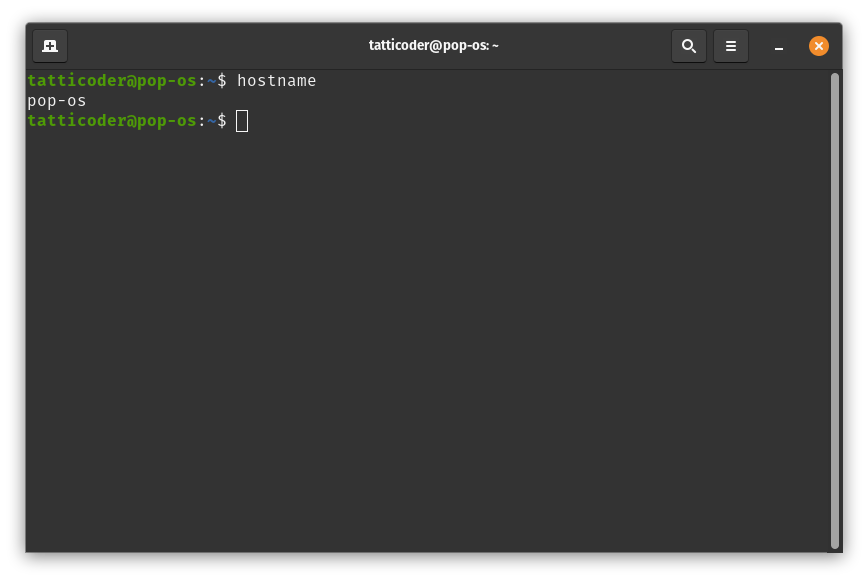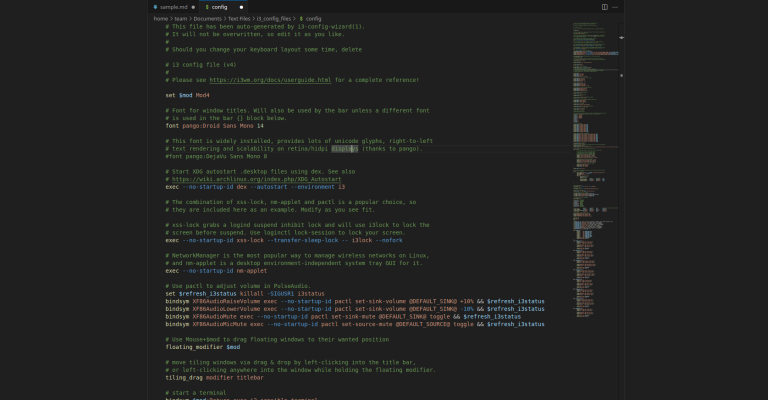Managed by local network administratorsIdentify specific devices within a networkLength Restrictions
Table of Contents
- 1 What are Host Names?
- 2 Conclusion
- 3 FAQs on Hostname vs Domain Name
- 3.1 Are hostnames and domain names the same?
- 3.2 How do I find my hostname and domain name?
- 3.3 Can you have a domain without a host?
- 3.4 What is the hostname of a domain name IP address?
- 3.5 Can a hostname be an IP address?
- 3.6 Can you have a domain name without hosting?
- 3.7 Is domain and hosting the same thing?
- 3.8 Is www part of the domain name?
What are Host Names?
A label assigned to a device on a networkCan be part of a domain (e.g., host.example.com)Generally free to assignWe see domain names everywhere, and here’s why people love them so much:Technically, “www” is a subdomain, not part of the main domain name. However, it’s so commonly used that many people consider it part of the domain name.
Many websites are set up to work with or without “www”, treating them as equivalent. However, in DNS terms, “www” is indeed a separate subdomain that can be configured differently from the root domain if desired.An IP address doesn’t inherently have a hostname. However, you can set up a reverse DNS (PTR record) that associates an IP address with a hostname. For example:
IP address: 192.0.2.1
Potential hostname: server1.example.com
Many ISPs and hosting providers automatically set up reverse DNS for their IP addresses.Primary PurposeThis can be difficult to manage if you are not used to working with a command line interface.john, alice, admin, root
- Simple hostnames:
- webserver01
- database-master
- loadbalancer
- Fully Qualified Domain Names (FQDNs):
- www.example.com
- mail.google.com
- api.github.com
- Internal hostnames:
- jenkins.internal
- monitoring.corp.local
- git.dev.company
How To Check Hostname on Linux
Name associated with a specific user account on the Linux systemNo, domain and hosting are different:
A domain is your address on the internet (e.g., yourwebsite.com)
Hosting is the service that stores your website files and makes them accessible online
You typically need both to run a website:
The domain points visitors to your site
The hosting service provides the server where your site lives

Top-Level Domains (TLDs) are the extensions at the end of website addresses, such as .com, or .gov.
Advantages of Hostnames
When hosting a website, just setting the domain name is not enough – you must also run and maintain a server.
- Human-readable: Hostnames are easier to remember and use than IP addresses, making system administration more intuitive.
- Flexibility: Hostnames can be changed without altering the underlying IP address, allowing for more flexible network management.
- Abstraction: They provide a layer of abstraction between the network infrastructure and the services running on it, making it easier to move services between different physical or virtual machines.
- Security: Hostnames can obscure the actual network structure, potentially improving security by not exposing IP addresses directly.
- Integration with DNS: Hostnames integrate seamlessly with DNS, enabling automatic resolution to IP addresses.
Drawbacks of Hostnames
Identifies individual users who can log in to and use the system
- Maintenance overhead: In large networks, maintaining and updating hostname records can become complex and time-consuming.
- Potential for conflicts: In environments without proper management, duplicate hostnames can cause conflicts and connectivity issues.
- Performance impact: Resolving hostnames to IP addresses introduces a small latency compared to using IP addresses directly.
Are Hostnames and Usernames The Same on Linux?
No, the hostname and username are not the same on Linux systems. They serve different purposes:
| Managed through domain registrars and DNS providers | Managed through domain registrars and DNS providers | Must be globally unique | Subdomains | When you use a domain name, you are limited by the specifications set by your TLD registrar. While these restrictions vary, usually you must follow the following guidelines: | Provide a memorable address for websites and online services | Similar to a hostname, a domain name is a human-readable address used to identify and locate specific websites or resources on the internet. | Format | User information stored in /etc/passwd |
Purpose
Conclusion
A human-readable address for locating and identifying computer services and devices on the internetForms the base of URLs (e.g., https://www.example.com)To find your hostname:
On Windows: Open Command Prompt and type hostname
On macOS/Linux: Open Terminal and type hostname
To find your domain name:
If you own a website, your domain name is the address you registered (e.g., yourwebsite.com)One per system






